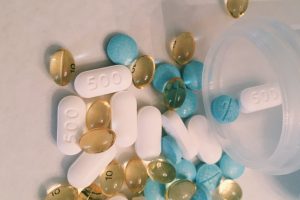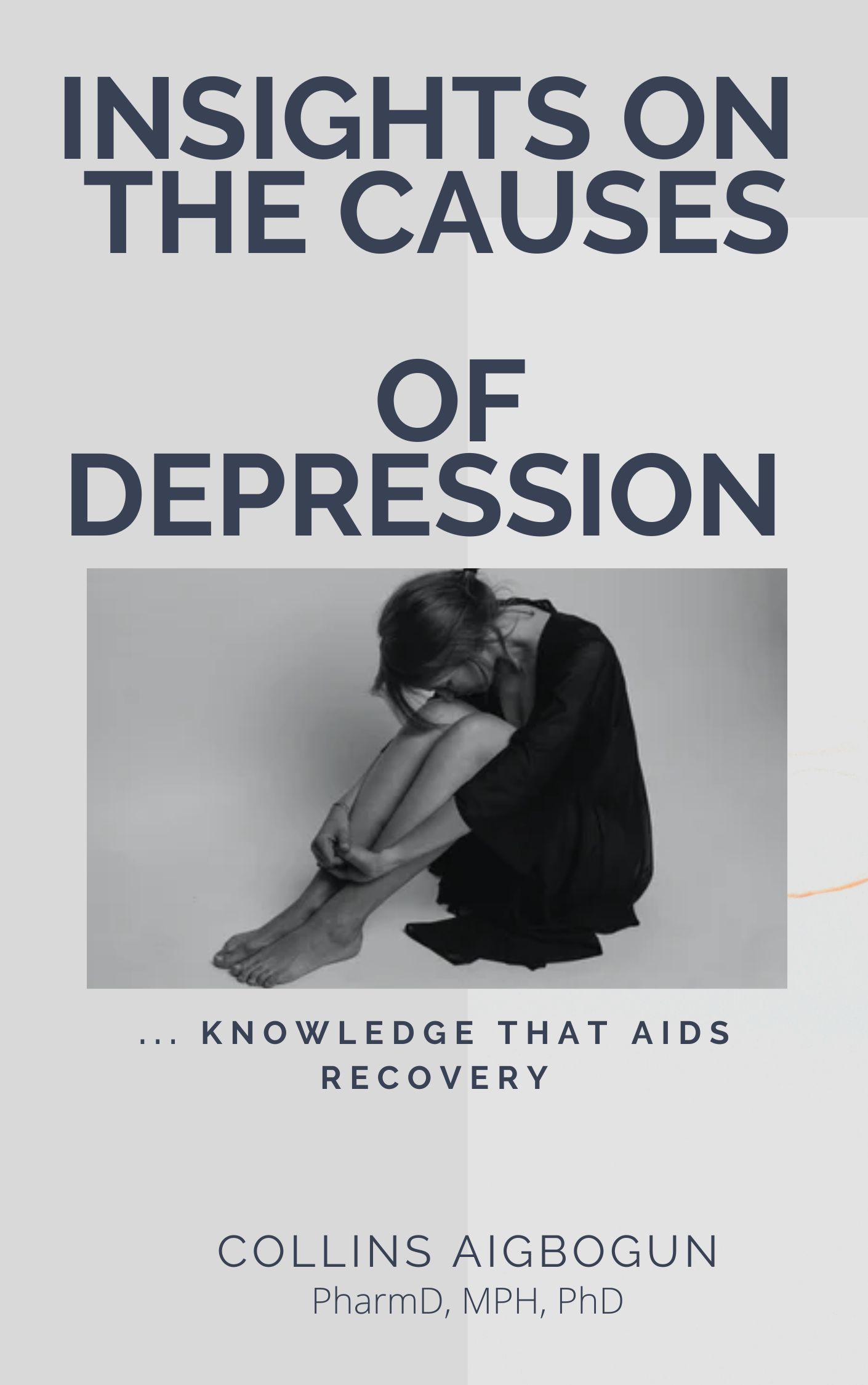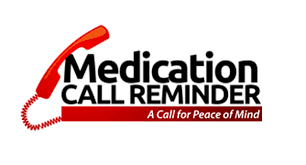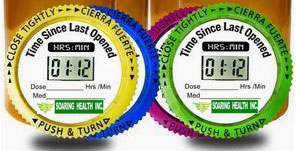Interventions That Improve Patients’ Health
How difficult will it be if your close family member is re-hospitalized for the same health concern within a short period? A recent report from the Agency for Healthcare Research and Quality indicates that nearly 20% of Medicare patients are re-hospitalized within 30 days of discharge from the hospital. What goes wrong? There are several contributing factors. Nevertheless, a recent report indicates that pharmacist-led intervention can reduce the rate of re-hospitalization by 13%. The sad aspect of re-hospitalizations is that most health insurances, including Medicare, will not reimburse the clinic for a repeat patient visit because such action is associated with low-quality metrics.
A recent report by the Journal of American Pharmacist Association indicates that pharmacist-led intervention in clinics and hospitals reduced annual medical expenses by $8,881 for each patient with congestive heart failure. Patients with hypertension observed an average cost savings of $4337 per year, while patients with dyslipidemia experienced an average annual cost-savings of $1860 per patient.
SOME WAYS PHARMACIST S HELP PATIENTS IMPROVE HEALTH OUTCOMES
- Medication Synchronization
Some patients prefer to use multiple pharmacies for their drug needs. Even though there are some benefits, the overall risk of harm seems difficult to bear. For example, if a patient fulfills all her drug needs in a single pharmacy or a pharmacy chain, the pharmacist on duty will determine the extent of interaction between the drugs and the possible disease condition. That was the experience of Dared Price, PharmD, who was able to advise her patient and her doctor regarding how amitriptyline is not suitable for a patient on Salmeterol.
- Pharmacist Counsels
A recent study from the United States Centers for Disease Control and Prevention indicates that pharmacist-led counseling of patients has resulted in a higher medication adherence rate. For example, senior citizens who take at least three medications per day experienced a 43% increase in medication adherence. Likewise, patients with heart failure experienced a 46% increase in adherence to medications.
- Impactful Contribution To Care Team
The variability in drug response among patients requires the knowledge of an expert who can determine optimal therapy without any form of trial-and-error. For example, pharmacists in a clinic setting efficiently provide optimal regimen to prescribing physicians while reviewing possible adverse events and interactions. An important tool that has helped in such precise determination is pharmacogenomics. A recent report from Mayo Clinic indicates that such interventions have reduced the rate of adverse events of cancer therapy by 43%.
CONCLUSION
Why will you settle for less when you can have more from an expert in medication use. The wisest people seek counsel from experts who have the pedigree to help. You can reach out to your pharmacist for an actionable strategy. You can download a proven blueprint from this link.









